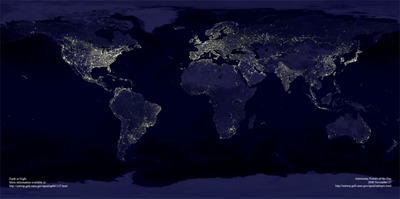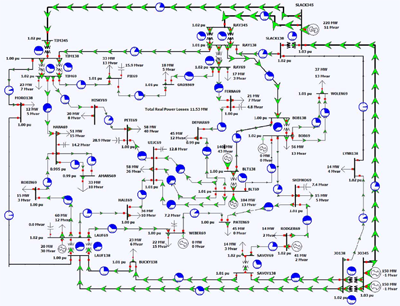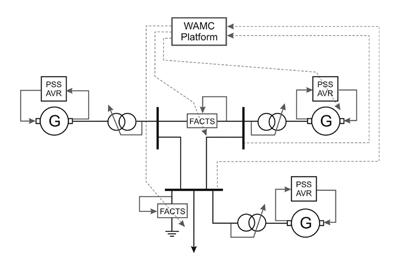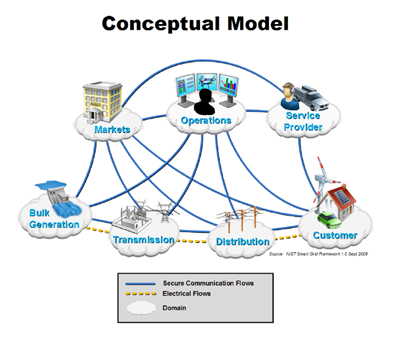EECS 463: Power System Design and Operation

Instructor: Professor Ian Hiskens or Professor Johanna Mathieu
Coverage
Modern society is highly dependent upon reliable, economic electricity supply. This course will provide students with the knowledge and skills required to analyze and design power system (aka smart grid). It will develop models and tools for investigating system behavior, and provide opportunities for using those tools in design processes. Optimal generation dispatch will be developed, and electricity market implementation issues addressed. The impact of renewable generation on power system operation will be considered.
Additional Information
Video of a Transformer Fire
Textbook(s)
J.D. Glover, M.S. Sarma and T.J. Overbye, Power System Analysis and Design, 4th Edition, Thomson, 2008.
Syllabus
- Electrical Power System Background: Overview of power systems – generation, transmission and distribution; utility-scale systems versus industrial power systems; utility restructuring and deregulation; smart grid.
- Fundamentals: Phasors; RMS; active and reactive power; three phase systems.
- Transformers: Models; three phase connections; per unit normalization; tap changing.
- Power Flow Analysis: Power flow formulation; solution techniques; decoupling; applications.
- Transmission Line Modeling: Line geometry and physical parameters; lumped circuit equivalent models.
- Power System Operation and Control: Voltage and frequency regulation; generation and system control; load control.
- Grid Connection of Renewable Generation: Wind farm topology; variability inherent in renewable generation; voltage regulation.
- Economic Operation and Competitive Markets:Economic dispatch; electricity markets.
- Faults and System Protection: Symmetrical components; protection devices.





 MENU
MENU 
